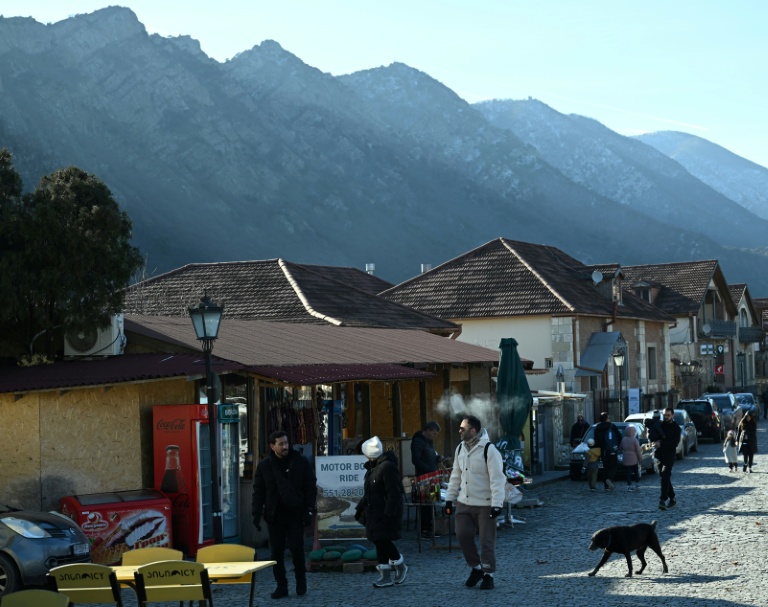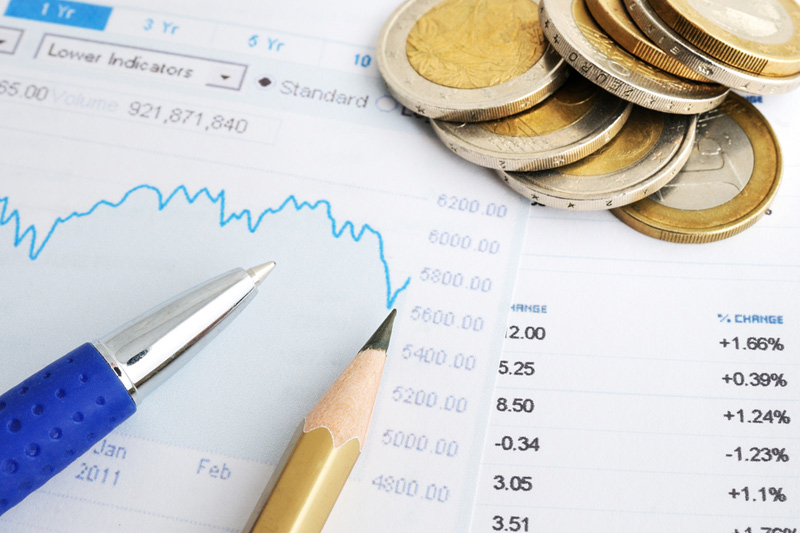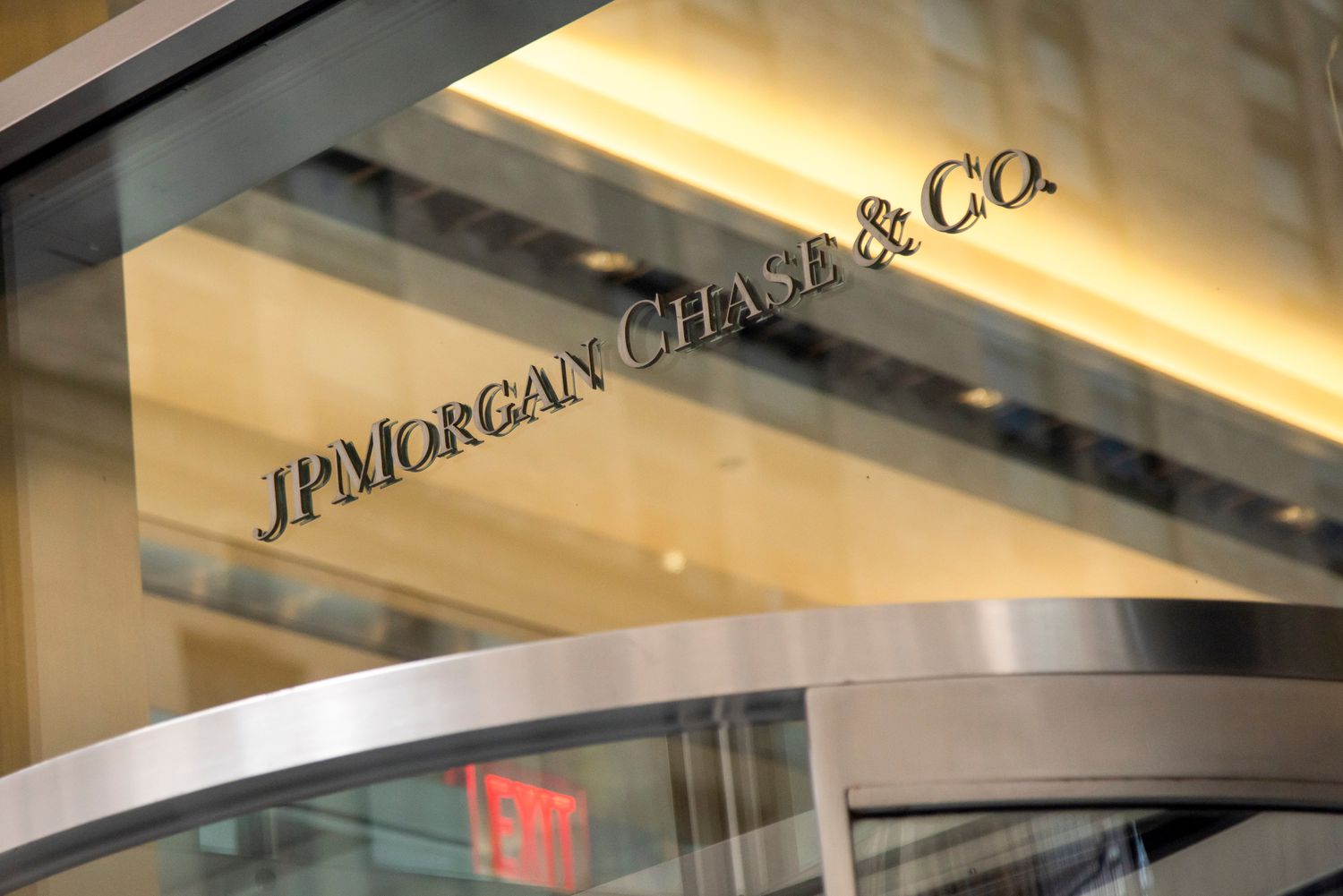Georgia’s political crisis is already having an economic impact with hotels and restaurants shutting down, investments on hold and a threat of currency devaluation.
Shalva Alaverdashvili showed an AFP team the empty tables at his Gallery Palace “ghost hotel” in the centre of the capital Tbilisi.
Three rooms out of 70 are currently occupied, said Alaverdashvili, who manages a total of six hotels in the city.
One of them, the Citrus, has five out of 36 rooms occupied — and those only by journalists who have come to cover the protests.
Citrus and Gallery Palace are located just in front of government and parliament buildings where there have been regular clashes between pro-EU protesters and police.
Georgia has seen frequent mass demonstrations ever since national elections in October in which the ruling Georgian Dream party claimed victory.
The opposition accuses Georgian Dream of election fraud and of turning Georgia towards Russia and away from its long-standing bid to join the European Union.
On the same street as the hotels, Luarsab Togonidze opened up his restaurant but there were no customers on a Monday night.
The 39-year-old said the lack of clients was “devastating” for his business.
– Restaurants shut –
Hotels and restaurants in Tbilisi have suffered since the protests broke out, which further escalated in November after the government said that it would put Georgia’s EU membership bid on hold until 2028.
Near Freedom Square, where police water cannons are parked, Elina Ketsbaia said she had seen the number of clients “go down by around 90 percent” in the two restaurants she co-manages with a cousin, Inga Zukhbaia.
The two women, who employ around 30 people, have asked in vain for the owners of the properties to “reduce the rent in this difficult period”, Zukhbaia said.
Two other restaurants in the area have closed temporarily and the cousins plan to do the same “until the situation improves”, said Ketsbaia.
Alaverdashvili, the founder of an association of hotels and restaurants, said the national average occupancy rate for hotels is now “around 30 percent” and in the capital “between 0 and 10 percent”.
The sector has lost “around 3.5 million euros from cancellations in the last two weeks”, said the pro-EU businessman who compares the situation to the effects on business of the coronavirus pandemic.
– Investors ‘on hold’ –
Tourism is a key source of income for Georgia, accounting for around eight percent of gross domestic product (GDP).
Ketevan Makharashvili, the head of a lawyers’ association, said at a recent demonstration that the economy as a whole is being affected by the stand-off.
“Investments are put on hold,” she said.
Georgia’s economic indicators are broadly positive, with low inflation, economic growth forecast at nine percent for 2024 and debt and deficit levels under control.
But Beso Namchavadze, chief economist at Transparency International, warned about a series of economic risks on the horizon.
He pointed out in particular the danger of pressure on the foreign exchange market since Georgia is “very dependent on imports”.
“In real estate, every price is in dollars or euros, really. And in the banking sector, more than half of deposits and loans are in foreign currency,” the economist said.
Namchavadze warned that the prospect of Western sanctions on Georgia could further aggravate the economic picture.
The US and some EU countries have announced travel restrictions for some Georgian officials accused of repression.
“The risks of a collapse of the economy now is high but it depends mainly on sanctions,” Namchavadze said.
pyv/dt/oc/bc












Leave a Reply